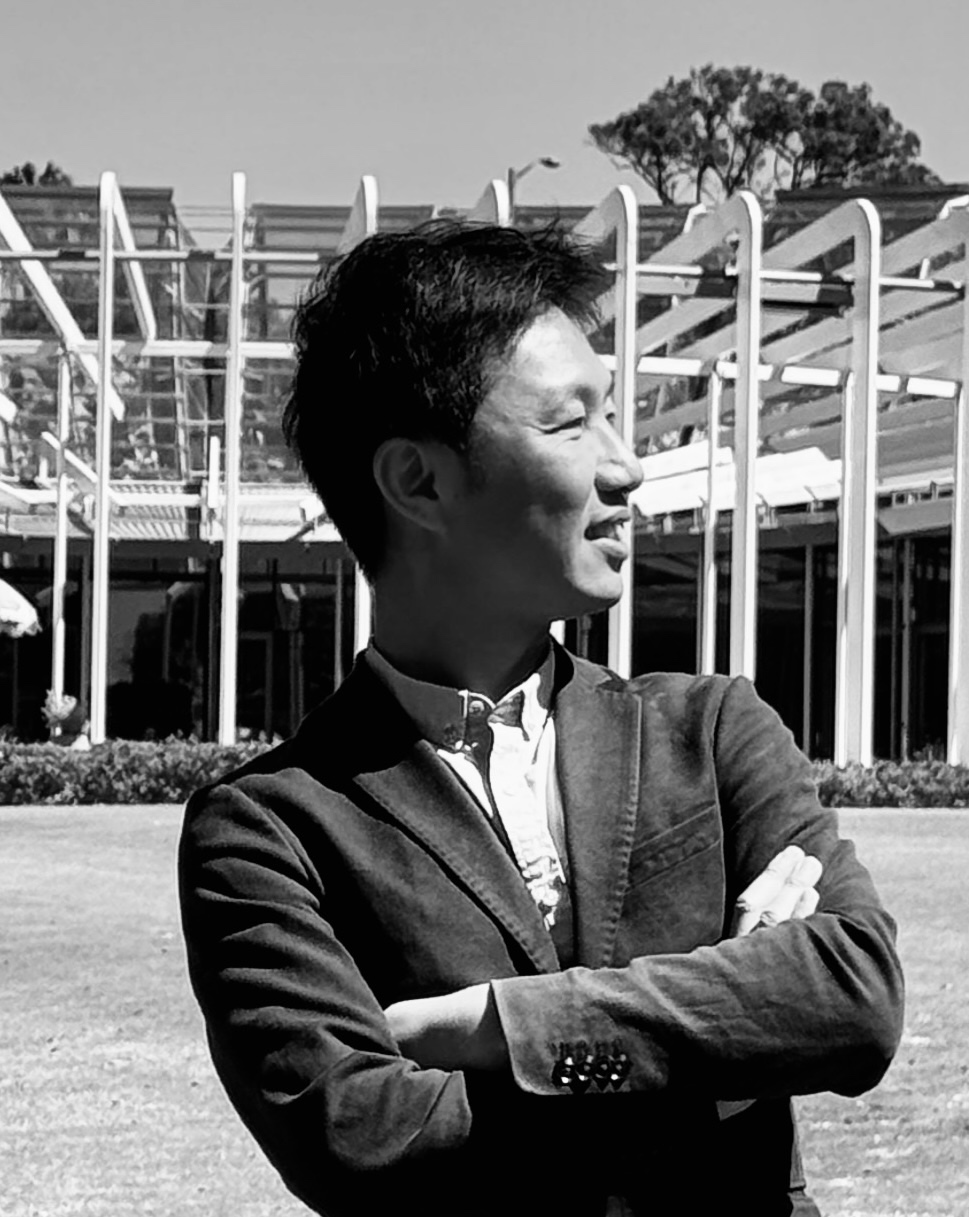Min-Hsiu Hsieh
// Director, Quantum Computing Research Center
About
Dr. Min-Hsiu Hsieh has been the director of the Hon Hai Quantum Computing Research Center in Taiwan since January 2021. Prior to this role, he was an Associate Professor at the University of Technology Sydney in Australia and a member of the UTS Centre for Quantum Software and Information from 2014 to 2020. From 2010 to 2012, he was a postdoctoral research fellow at the University of Cambridge in the UK. Before that, he worked as a research scientist with the ERATO-SORST Quantum Computation and Information Project in Japan, which was funded by the Japan Science and Technology Agency. During this time, he was also affiliated with the Department of Computer Science at the University of Tokyo. From 2014 to 2018, I held an Australian Research Council Future Fellowship.
He serves on the steering committee of
Asian Quantum Information Science Conference (AQIS), 2024 - .
Conference on the Theory of Quantum Computation, Communication and Cryptography (TQC), 2021-2025;
Conference series on Quantum Information Processing (QIP), 2021-2025;
Beyond IID in Information Theory (BIID), 2020 - 2022.
He was the program chair of the TQC 2021 and BIID 2021.
My research interests include general topics in quantum information and computation.
Expertise
Quantum Error-Correcting Codes, Quantum Communication Theory, Quantum Information Theory, Quantum Machine Learning, and Quantum Algorithms
Education
Ph.D. in Electrical Engineering, University of Southern California, USA
M.S. in Communication Engineering, National Taiwan University
B.S. in Electrical Engineering, National Taiwan University
Experience
Associate Professor, Centre for Quantum Software and Information, University of Technology Sydney
Senior Lecturer, University of Technology Sydney
Postdoctoral Researcher, Department of Mathematics, University of Cambridge
Research Scientist, Japan Science and Technology Agency (JST)
Awards
2014 Australia ARC Future Fellowship
2013 Early Career Researcher Award, University of Technology Sydney
Best Student Paper Award, University of Southern California, 2007 and 2008
Publications
2025
One-Shot Distributed Source Simulation: As Quantum as it Can Get.
2025
Optimal number-conserved linear encoding for practical fermionic simulation
2025
More Quantum Speedups for Multiproposal MCMC
2025
Almost Linear Decoder for Optimal Geometrically Local Quantum Codes
2025
Constant-Overhead Magic State Distillation
2025
Efficient Learning for Linear Properties of Bounded-Gate Quantum Circuits
2025
Unconditional advantage of noisy qudit quantum circuits over biased threshold circuits in constant depth
2024
Tradeoff Constructions for Quantum Locally Testable Codes
2024
A Quantum Circuit-Based Compression Perspective for Parameter-Efficient Learning
2024
On the Capacity of Zero-Drift First Arrival PositionChannels in Diffusive Molecular Communication
2024
Multimodal deep representation learning for quantum cross-platform verification
2024
General Distance Balancing for Quantum Locally Testable Codes
2024
Quantum Optimization for Training Quantum Neural Networks.
2024
Doubling the order of approximation via the randomized product
2024
Quantum state tomography via non-convex Riemannian gradient descent
2024
(Quantum) complexity of testing signed graph clusterability
2024
Implementation of Trained Factorization Machine Recommendation System on Quantum Annealer
2024
Characterizing First Arrival Position Channels: Noise Distribution and Capacity Analysis
2024
On the Capacity of Zero-Drift First Arrival Position Channels in Diffusive Molecular Communication
2023
Problem-dependent power of quantum neural networks on multiclass classification
2023
Geometrically Local Quantum and Classical Codes from Subdivision
2023
Approximate reconstructability of quantum states and noisy quantum secret sharing schemes
2023
Counting stabiliser codes for arbitrary dimension
2023
Exploring the Advantages of Quantum Generative Adversarial Networks in Generative Chemistry
2023
One-Shot Distributed Source Simulation: As Quantum as it Can Get.
2023
Theoretical error performance analysis for variational quantum circuit based functional regression
2022
Towards a general framework of Randomized Benchmarking for non-Markovian Noise
2022
Partially Concatenated Calderbank-Shor-Steane Codes Achieving the Quantum Gilbert-Varshamov Bound Asymptotically
2022
Partial equivalence checking of quantum circuit
2022
Entanglement-assisted concatenated quantum codes
2022
Good Quantum LDPC Codes with Linear Time Decoders
2022
Duality between source coding with quantum side information and c-q channel coding
2022
Recent Advances for Quantum Neural Networks in Generative Learning
2022
One-Shot Trade-Off Bounds for State Redistribution of Classical-Quantum Sources
2022
Quantum circuit architecture search for variational quantum algorithms
2022
Efficient Bipartite Entanglement Detection Scheme with a Quantum Adversarial Solver
2022
Properties of Noncommutative Renyi and Augustin Information
2022
Quantum Differentially Private Sparse RegressionLearning
2022
Gaussian initializations help deep variational quantum circuits escape from the barren plateau
2021
Randomized Benchmarking for Non-Markovian Noise
2021
Sublinear quantum algorithms for estimating von Neumann entropy
2021
On the learnability of quantum neural networks
2021
Experimental Quantum Generative Adversarial Networks for Image Generation
2021
Quantum algorithm for estimating α-Renyi entropies of quantum states
2021
From Generalization of Bacon-Shor Codes to High Performance Quantum LDPC Codes
2021
Hierarchy of quantum operations in manipulating coherence and entanglement
2021
Quantum noise protects quantum classifiers against adversaries
2021
Entanglement-assisted multiple-access channels: capacity regions and protocol designs
2021
Quantum Optimization for Training Quantum Neural Network
2021
A Grover-search based quantum learning scheme for classification
2020
Quantum Speedup in Adaptive Boosting of Binary Classification
2020
Non-Asymptotic Classical Data Compression with Quantum Side Information
2020
Efficient State Read-out for Quantum Machine Learning Algorithms.
